Submission Guidelines
for Contributors
Studies in Vocation and Calling (SVC) seeks to advance scholarly conversation about vocational discernment and exploration in higher education with specific attention to undergraduate education. While maintaining the integrity of that specific focus and of scholarly standards, SVC’s Editorial Board seeks to steward a conversation that is multidisciplinary in depth and scope, that bridges the curriculum and co-curriculum, and that celebrates a variety of genres. Authors should be guided by the specific focus of the journal in assessing the fit of their manuscript. Authors do not need to be employed by a CIC or NetVUE member institution in order to submit a manuscript for consideration.
Journal Sections & Policies
Scholarship
The Scholarship section constitutes the core of Studies in Vocation and Calling, as a scholarly, peer-reviewed journal. Because the scholarship of vocation in higher education is widely interdisciplinary and also centrally concerns itself with both theory and practice, this section includes a broad scope of writing. It seeks to represent voices from across the academy: faculty, staff, and administrators.
We invite submissions of articles that engage the theory and/or practice of vocational exploration and discernment, whether from within a specific academic field or through interdisciplinary approaches. Articles that foreground co-curricular perspectives from other areas of campus life are also encouraged; these may focus on areas such as career services, community engagement, experiential learning, athletics, student success, or religious and spiritual life.
✔ Open Submission
✔ Indexed
✔ Double-Blind Peer-Reviewed
Reflection
Vocational reflection takes many rich forms, and we have created space in Studies in Vocation and Calling for personal, literary, and creative perspectives.
We invite submissions of reflective essays, personal accounts, poetry, fiction, and other genres that highlight themes related to calling and vocation, with a particular focus on the role that these concepts play in higher education, especially at the undergraduate level. Contributors are also welcome to contact the managing editor to discuss ideas.
✔ Open Submission
✔ Reviewed by journal editorial staff
✔ Indexed
Book and Resource Reviews
Suggestions for reviews of books, films, podcasts, and other resources should be sent to the journal’s book and resource review editor.
✔ Indexed
Criteria for Publishable Articles
- Length: The ideal length for a standard “Scholarship” article is 6,000-8,000 words, including references and footnotes. “Reflection” pieces will be of variable length, depending on genre.
- Focus: All submissions to SVC should respond to the journal’s specific focus on vocation and calling in higher education. Particularly in the Scholarship section, articles They should seek both to respond to the ongoing scholarly academic conversations about vocation and to offer something new.
- Scholarly and/or Experiential Engagement: As a multidisciplinary journal, SVC articles are rooted in scholarly theoretical and experiential expertise while also being accessible to a broad academic audience. A specialist in the field will be able to tell that the author knows the central arguments and literature of their shared discipline, while a non-specialist reader will be able to benefit from the author’s particularly disciplinary perspectives and its the unique contribution that the written text makes to the contemporary multidisciplinary conversation on vocation and calling.
- Copyright: Submissions must not be concurrently under review elsewhere, nor should submissions include material that is copyrighted without permission. Authors must provide information on prior dissemination of the manuscript (e.g., if some or all were was presented at a conference, or posted on a website or blog). This information must be provided as part of the Author’s Note. Contact the SVC managing editor if you have questions about the feasibility of publishing an article whose ideas in which the grounding themes have been previously disseminated in whole or in part.
Formatting and Submitting Your Manuscript
Manuscripts must be submitted through the journal submission portal. Manuscripts should be uploaded as an MS Word document formatted according to the latest edition of the Chicago Manual of Style (CMOS). Manuscripts that do not follow the CMOS closely will not be sent for peer review. Please consult the SVC Style Guide for specifics.
Before submitting the manuscript, the corresponding author will need to register to create an account in the portal. Authors can find the register button in the upper right-hand corner of the website.
In addition to your a manuscript file, authors must upload a separate abstract of approximately 150 words (except in the case of poetry).
Authors are welcome to email the managing editor to inquire about the feasibility of a manuscript for future publication before submitting a manuscript for review. However, for full consideration, any finalized manuscript must be submitted through the portal.
Editorial Process
- Manuscripts will be initially screened by the managing editor.
- If the editorial team decides that the manuscript does not meet the editorial mission of the journal, the decision not to move the manuscript to the next phase of review will be communicated to the author with a brief explanation, and no further review will occur. Authors should feel free to communicate with the managing editor if they wish to offer a fuller explanation of the contributions that they believe the submitted material would make to the mission of the journal.
- If the editorial team determines that the manuscript meets the editorial mission of the journal, the editor will notify the corresponding author and will send the manuscript to two or more external referees for blind review (in the case of submissions to the Scholarship section) or to a member of the editorial board or another editorial consultant (in the case of submissions to the Reflection section).
- Following reviews, the final decision about publication is made by the editors in consultation with journal leadership.
- The editorial team and external reviewers, while committed to the mission of the journal, work in full-time roles as educators and administrators. Because of this, the review process normally takes three to four months. When submitting a manuscript, authors are accepting the possibility that their work may be published up to a year after the review process is complete.
- During the first few years of the journal’s publication, the timelines described here may be extended. The first issue of SVC is scheduled for publication early in the 2026 calendar year. Authors who are under significant time constraints (for example, for reasons related to a tenure or promotion process or another form of professional advancement) and who need their work to be published during 2026 or 2027 should discuss their needs directly with the managing editor. That conversation may help the author decide whether to consider other venues for the submission of their manuscript.
- Authors of accepted papers must provide to the editor on final acceptance all necessary permissions to reproduce in print and electronic form any copyrighted work. SVC may decline to publish any part of the article whose copyright status is unknown.
Disclaimer
Studies in Vocation and Calling is produced by the Network for Vocation in Undergraduate Education (NetVUE), a program of the Council of Independent Colleges (CIC), and is made possible through the generosity of Lilly Endowment Inc. Opinions and positions expressed in the journal are solely those of their authors and do not express the opinions or policies of the NetVUE program, CIC, or Lilly Endowment Inc.
Contact Information for Editors
Managing Editor
Krista E. Hughes khughes@cic.edu
Book and Resource Review Editor
Erin VanLaningham evanlaningham@cic.edu

